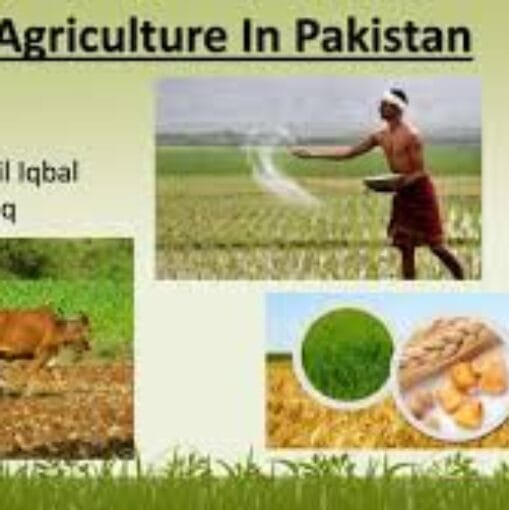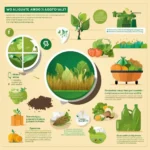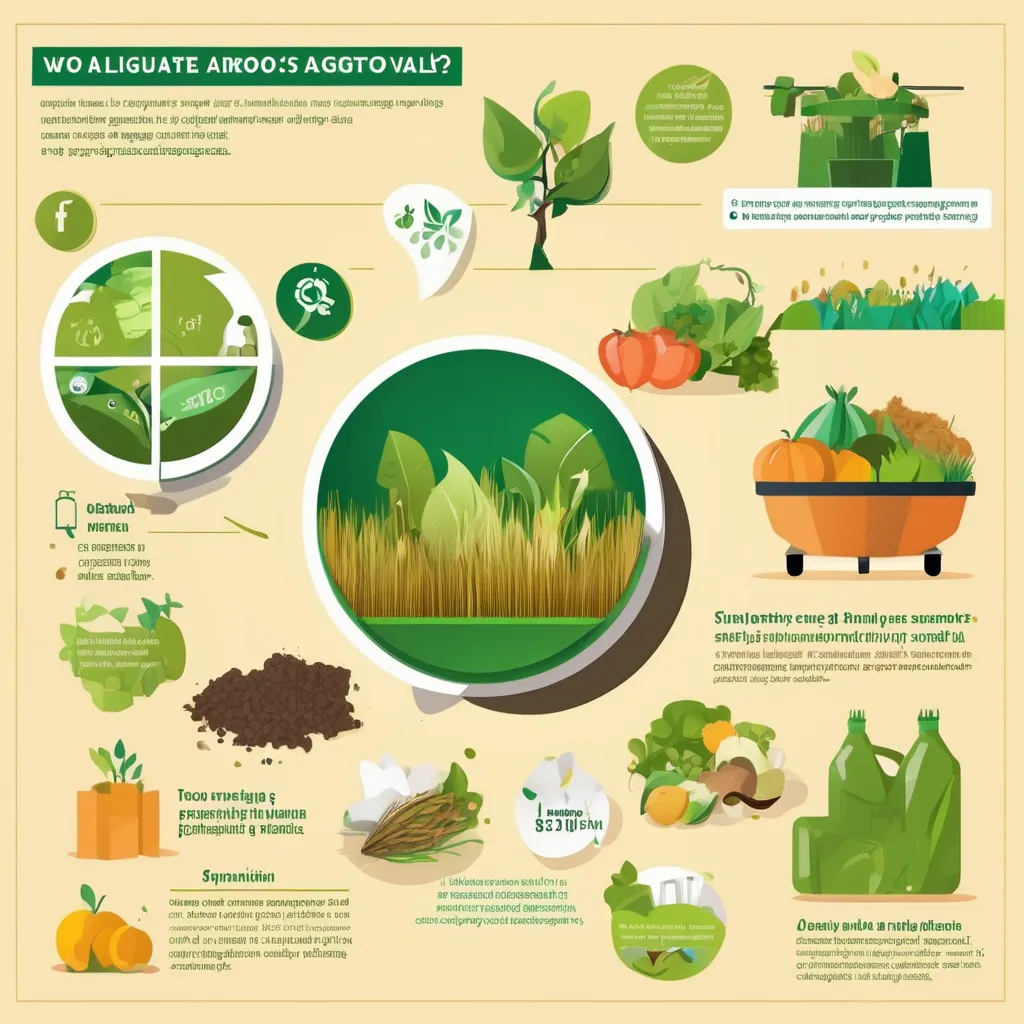
Climate change and food security are an escalating global crisis, and Pakistan stands as one of the most vulnerable nations to its multifaceted impacts. The country’s heavy reliance on agriculture, which contributes approximately 18.5% to its Gross Domestic Product (GDP) and employs about 38.5% of the labor force, underscores the critical intersection between climate dynamics and food security. As climatic patterns shift, Pakistan’s agricultural sector faces unprecedented challenges that threaten the nation’s food security and economic stability.
Agricultural Vulnerability to Climate Change
Pakistan’s diverse topography, encompassing arid zones, riverine plains, and mountainous regions, creates a complex agricultural landscape. This diversity, while beneficial, also means that climatic changes can have varied and widespread effects. The country’s agriculture is predominantly dependent on the Indus River system, which is fed by glacial melt and monsoon rains. However, climate change has led to erratic weather patterns, including altered precipitation cycles and increased frequency of extreme weather events, directly impacting water availability for irrigation.
The rise in average temperatures has been linked to reduced yields in key crops. For instance, wheat and rice, which are staple foods, have shown sensitivity to temperature fluctuations, with higher temperatures accelerating crop maturation and reducing grain filling periods, ultimately leading to lower yields. Additionally, the increased incidence of pests and diseases, fostered by warmer climates, further threatens crop productivity.
Socioeconomic Implications
The agricultural sector’s susceptibility to climate change extends beyond crop yields, affecting the socioeconomic fabric of rural communities. Approximately 60% of Pakistan’s population resides in rural areas, with livelihoods intricately tied to agriculture. Climate-induced disruptions in agricultural productivity can lead to income instability, increased poverty levels, and heightened food insecurity among these populations.
Moreover, the economic ramifications are profound. Agriculture not only feeds the nation but also supports agro-based industries and contributes to export revenues. Declines in agricultural output can thus have cascading effects on the national economy, exacerbating existing challenges such as inflation and trade imbalances.
Environmental Degradation and Resource Scarcity
Climate change exacerbates environmental degradation, leading to soil erosion, desertification, and loss of arable land. The increased frequency of floods and droughts contributes to land degradation, reducing the land’s capacity to support agriculture. Water scarcity is another critical issue, as glacial retreat and inconsistent rainfall patterns diminish the availability of water for irrigation, compounding the challenges faced by farmers.
Policy and Adaptive Measures
Recognizing the gravity of the situation, Pakistan has initiated several policy measures aimed at enhancing climate resilience. The National Climate Change Policy outlines strategies for adaptation and mitigation, emphasizing the importance of sustainable water management, promotion of climate-resilient crop varieties, and improvement of early warning systems for natural disasters.
International cooperation also plays a pivotal role. Pakistan’s collaboration with global partners facilitates access to climate finance, technology transfer, and capacity-building initiatives, all of which are essential for implementing effective adaptation strategies.
Impacts of Climate Change on Agriculture in Pakistan
- Reduced Crop Yields: Climate change is expected to decrease yields of essential crops like cotton, wheat, sugarcane, maize, and rice over the next decade.
- Economic Challenges: The combination of climate impacts and rising inflation has led to increased prices of essential items, exacerbating food insecurity.
- Increased Hunger: Climate-related issues have intensified hunger problems, with Pakistan ranking 92nd out of 116 countries on the Global Hunger Index 2021.
Strategies to Mitigate Climate Change Impacts
- Sustainable Agriculture: Implementing sustainable farming practices can help build resilience against climate impacts.
- Climate-Resilient Infrastructure: Investing in infrastructure that withstands climate extremes is crucial for maintaining agricultural productivity.
- Social Safety Nets: Enhancing social safety nets can protect vulnerable populations from the adverse effects of climate change.
- Greenhouse Gas Mitigation: Reducing emissions is essential to limit further climate change impacts.
Collaborative Efforts
Pakistan is collaborating with countries like China to address food security challenges through joint efforts in agriculture and technology transfer.
Conclusion
Addressing the intertwined challenges of climate change and food security requires comprehensive strategies that integrate sustainable agriculture, resilient infrastructure, and strong social support systems. Collaborative efforts, both domestically and internationally, are essential to safeguard Pakistan’s food security in the face of a changing climate.
The urgency of this issue cannot be overstated. Climate change is not a distant threat; its impacts are already manifesting in Pakistan’s agricultural sector. Erratic weather patterns, including unseasonal rains and prolonged droughts, have disrupted planting and harvesting cycles, leading to reduced crop yields and increased vulnerability among farming communities. The 2022 floods, for instance, devastated vast tracts of arable land, displacing millions and causing significant economic losses.
To build resilience against such climate-induced adversities, Pakistan must adopt a multifaceted approach:
- Policy Reforms: The government should formulate and implement policies that promote climate-smart agriculture, water conservation, and sustainable land management. Incentivizing farmers to adopt environmentally friendly practices can facilitate this transition.
- Technological Innovation: Investing in research and development of drought-resistant crop varieties, efficient irrigation systems, and early warning systems for extreme weather events can enhance agricultural productivity and reduce risks.
- Community Engagement: Empowering local communities through education and capacity-building initiatives ensures that adaptation strategies are culturally appropriate and widely adopted.
- International Cooperation: Engaging with global partners to access climate finance, share knowledge, and adopt best practices is crucial for scaling up successful interventions.
The path forward demands a concerted effort from all sectors of society. By embracing sustainable development principles and fostering a culture of environmental stewardship, Pakistan can navigate the challenges posed by climate change and secure a prosperous future for its people.
In conclusion, the nexus between climate change and food security presents both challenges and opportunities. By proactively implementing adaptive strategies and fostering collaboration at all levels, Pakistan can mitigate the adverse effects of climate change on its agriculture sector and ensure the well-being of its population. The time to act is now, as the decisions made today will shape the resilience and sustainability of the nation’s food systems for generations to come.




